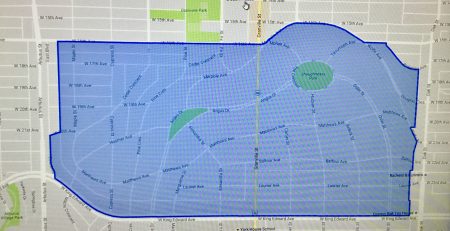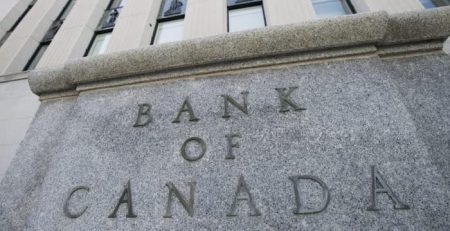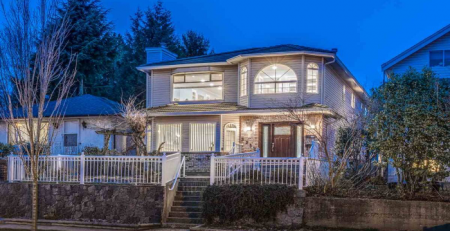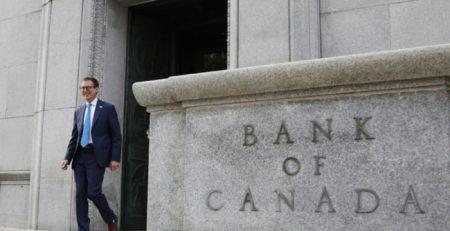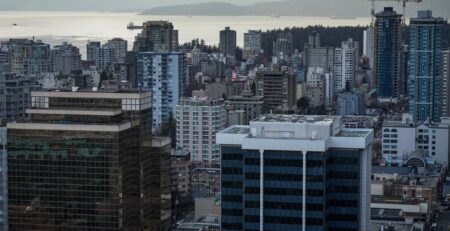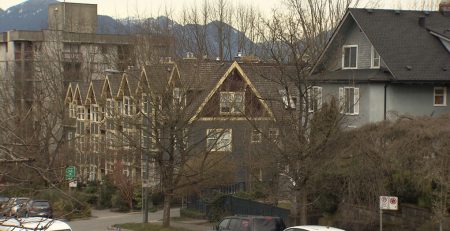These were the 3 biggest Vancouver real estate trends of 2018
[Daily Hive – January 24, 2019]
If nothing else, 2018 was an interesting year for Vancouver real estate.
While the three preceding years had seen the real estate market in Vancouver increase in competitiveness, March of 2018 brought an abrupt and sudden change in both demand and supply. 2018 also saw both increases to the foreign buyers’ tax and the introduction of the empty home tax — placing additional pressure on demand.
We talked to real estate expert Shawn Brown of West Haven Group to find out the three biggest real estate trends of 2018 in Vancouver, and what to expect going forward. Here’s what we learned:
The end of bidding wars
With the real estate market slowing down, purchasing conditions have returned to normal buying conditions in 2018. With more choices and more time to make their decisions, buyers no longer have to write with no subjects or conditions and have time to fulfil their conditions before going firm on their offer.
Supply has increased
In the real estate market, supply levels returned to normal levels — which may not be great for sellers, but buyers now have more choices! For sellers, pricing at a competitive level has become important once again, and they, along with listing agents now have to ensure that all aspects of property preparation and marketing are at its best, or risk lagging on the market.
Purchasing power has decreased
The mortgage stress test (to prove if buyers would be financially okay even if interest rates were to rise substantially above their actual mortgage rate) has reduced buyers purchasing power by around 20 per cent, causing some to exit the market and adjust until they can get approved for the purchase price they need. Others have had to accept buying a smaller space or older building in a lesser prime location in order to make their numbers work.
So what does this all mean?
2018 saw huge decreases in demand, with sales volume dropping by 25 per cent, leading to “group think,” where buyers who initially had the desire and ability to buy left the market temporarily to wait it out and see what would happen.
By the end of the year, detached housing prices had dropped 8% compared with the beginning of the year, whereas condo prices have remained the same as the beginning of the year, and townhouse prices have risen by at least 1%. This could mean positive things for some groups, however — including first-time homebuyers, investors, and those wishing to upsize from a condo or townhouse to a detached home.
As we proceed further into 2019, the key question is this: Just as the market turned suddenly in early 2018, will the same pattern occur this year and return to the typical levels of demand and sales volume for Vancouver?
The truth is, only time will tell.




